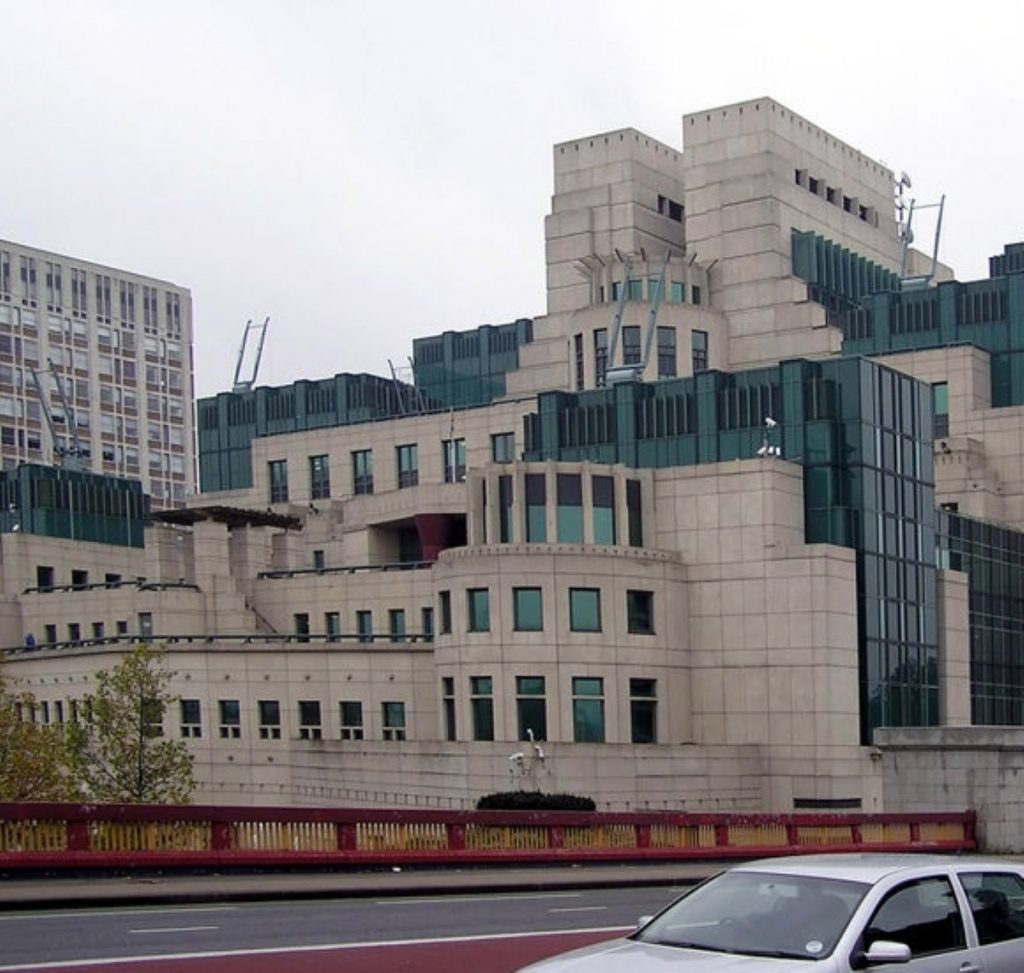Investigation into UK torture collusion
A parliamentary inquiry will investigate whether counter-terrorism chiefs ordered the rendition and torture of a former British resident, it was revealed today.
The attorney general has asked the police to investigate allegations of British security service involvement or collusion in torture.
Speaking about his ordeal today, Farid Hilali alleged he was interrogated by a British secret service agent while in detention in the United Arab Emirates (UAE). The agent refused to help him despite knowing he had been tortured, Mr Hilali said.
During his torture he was questioned about extremists in the UK and presented with surveillance photographs which he believes had been supplied for his torturers by UK counter-intelligence.


Hilali’s detention in the UAE took place in 1999. If his story proves true it would make him the first known victim of Britain’s alleged complicity in torture, indicating that Britain colluded in torture before 9/11.
Hilali’s lawyers have written to the foreign affairs select committee and to Scotland Yard.
Paul Keetch, a Liberal Democrat member of the committee investigating allegations of British involvement in torture, said his Hilali’s allegations must be investigated.
“We should invite him to give us the evidence he has. We need to be proactive about investigating what has happened in the past”, he said
The Medical Foundation for the Care of Victims of Torture called for a special UN inquiry.
Spokeswoman Sonya Sceats said “The [British] government insists that it does not condone torture, but where there are credible allegations of complicity by its intelligence officers these must be investigated not only by our courts but also by an international body. It is high time that the UK allowed the UN’s torture committee to scrutinise cases of this sort.”
Hilali was eventually returned to Britain and made a claim for asylum in 2003 that included his allegations that Britain ordered his torture.
He says he was arrested for terrorism soon afterwards but was never questioned about any specific offence. The case against him was then dropped.












